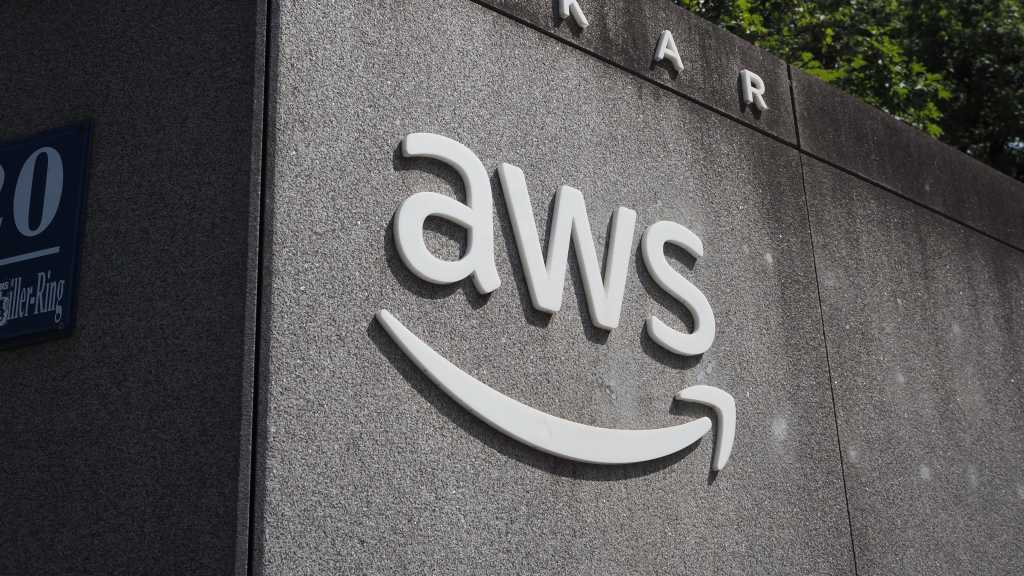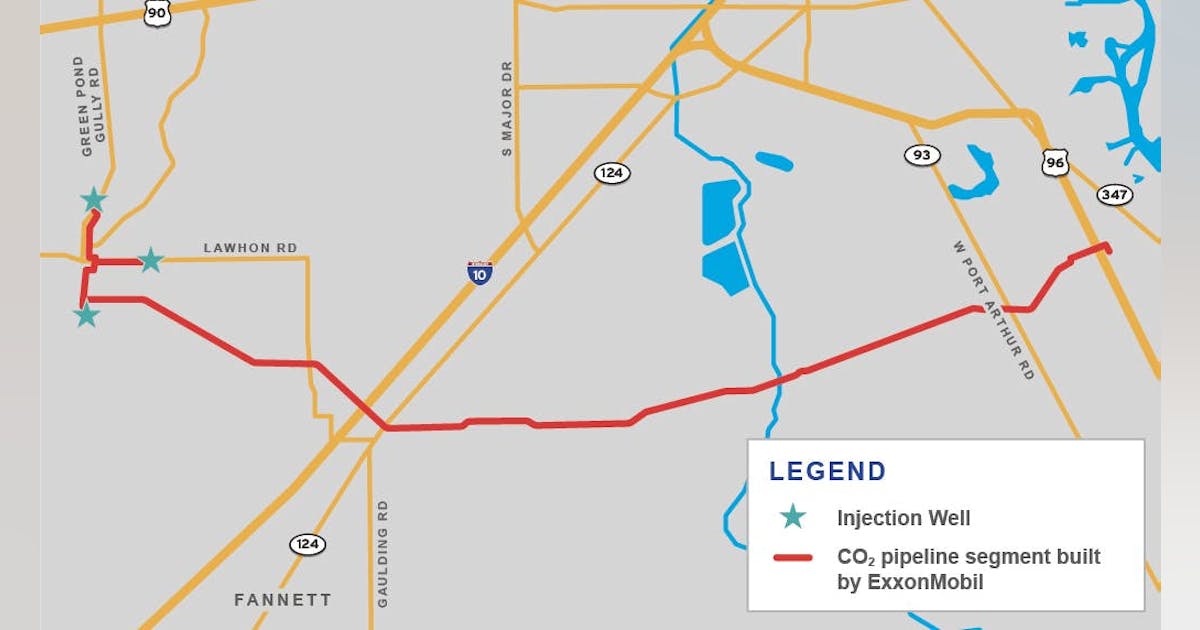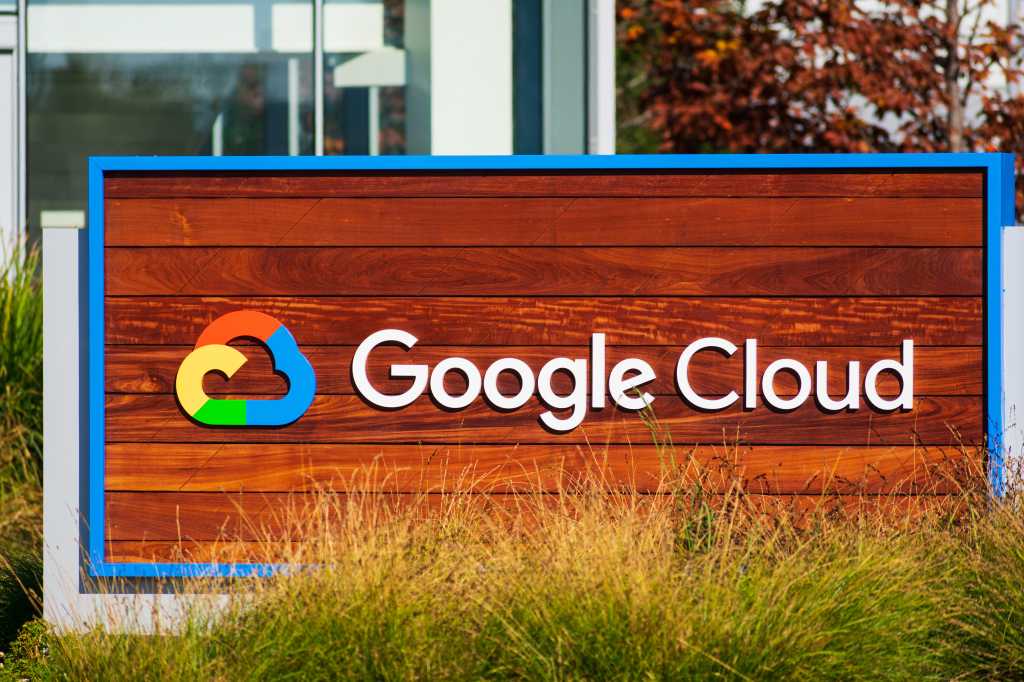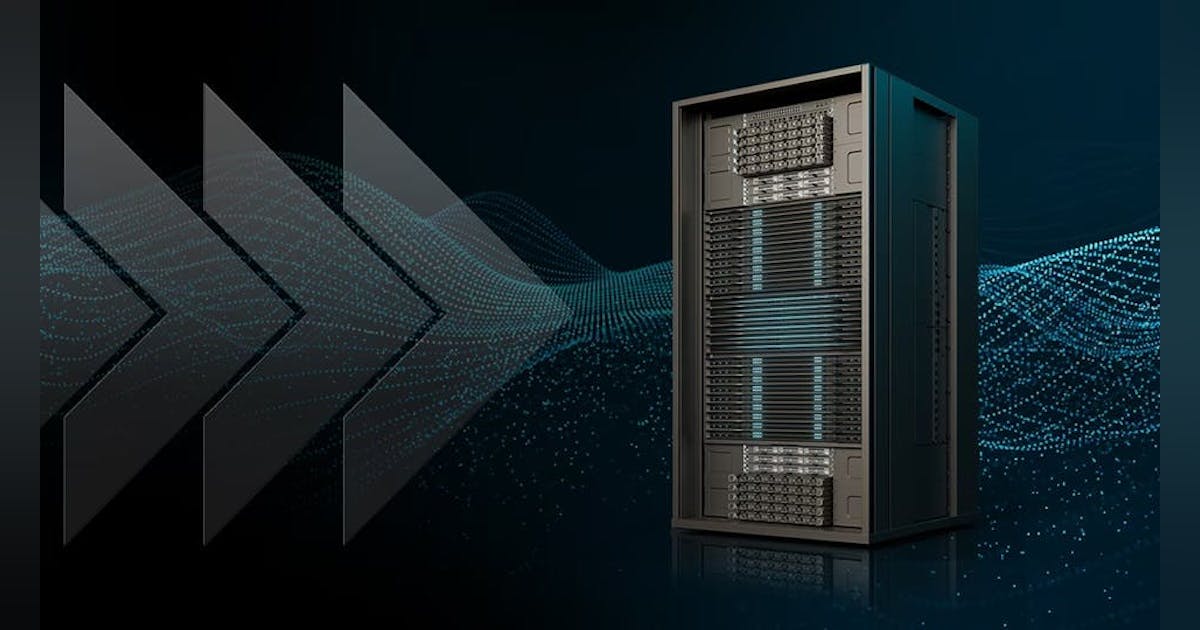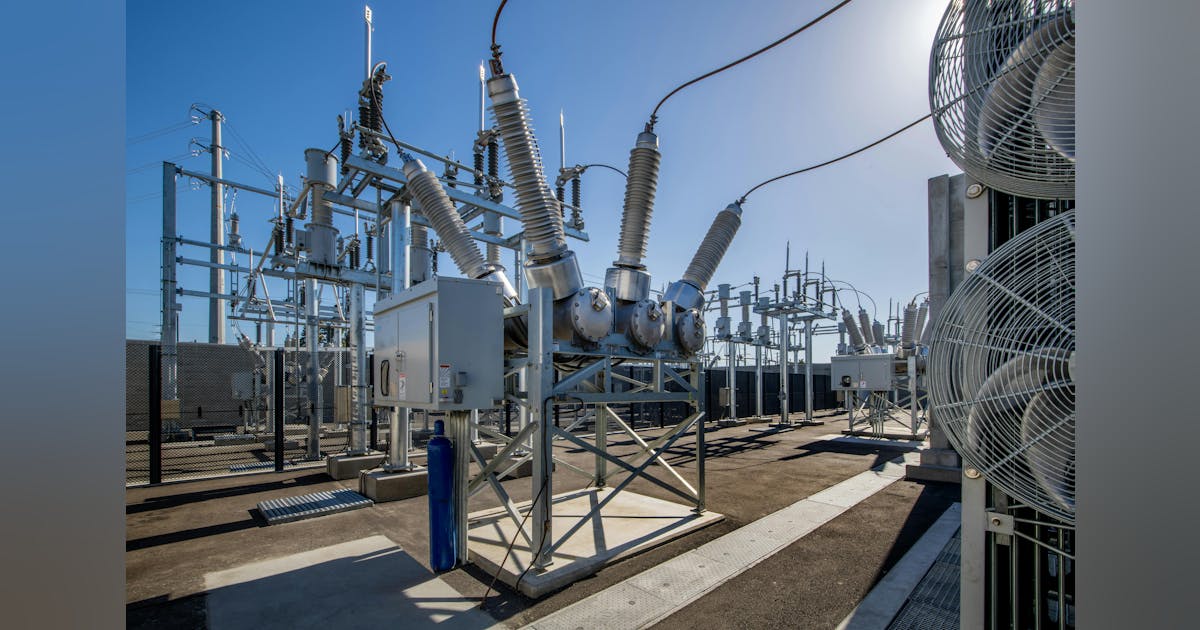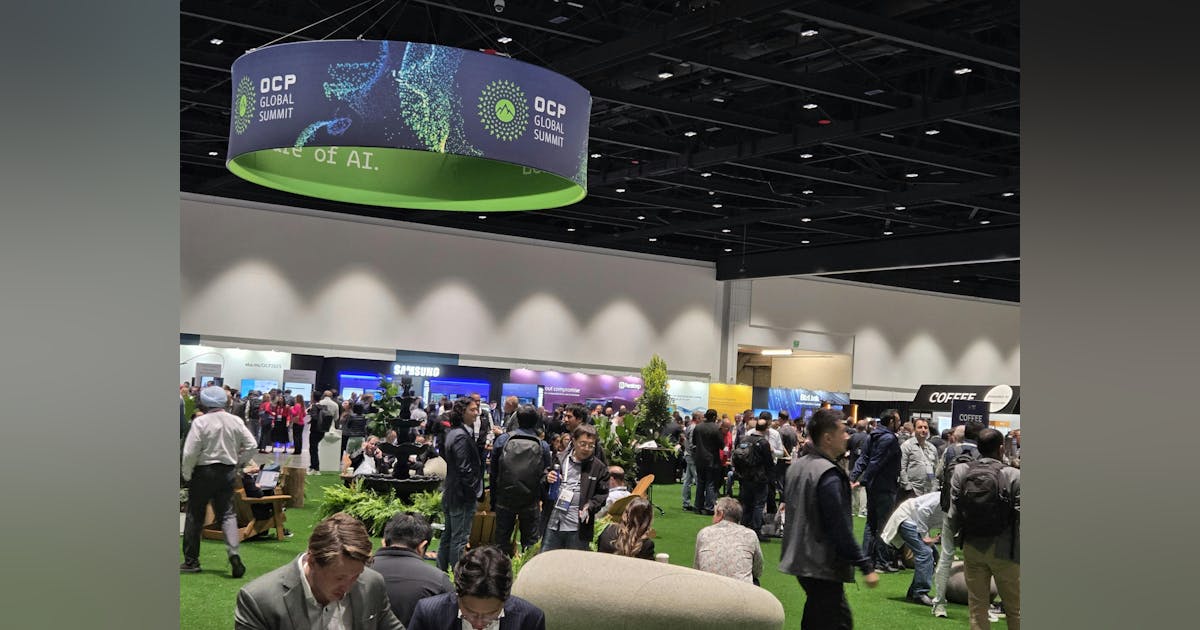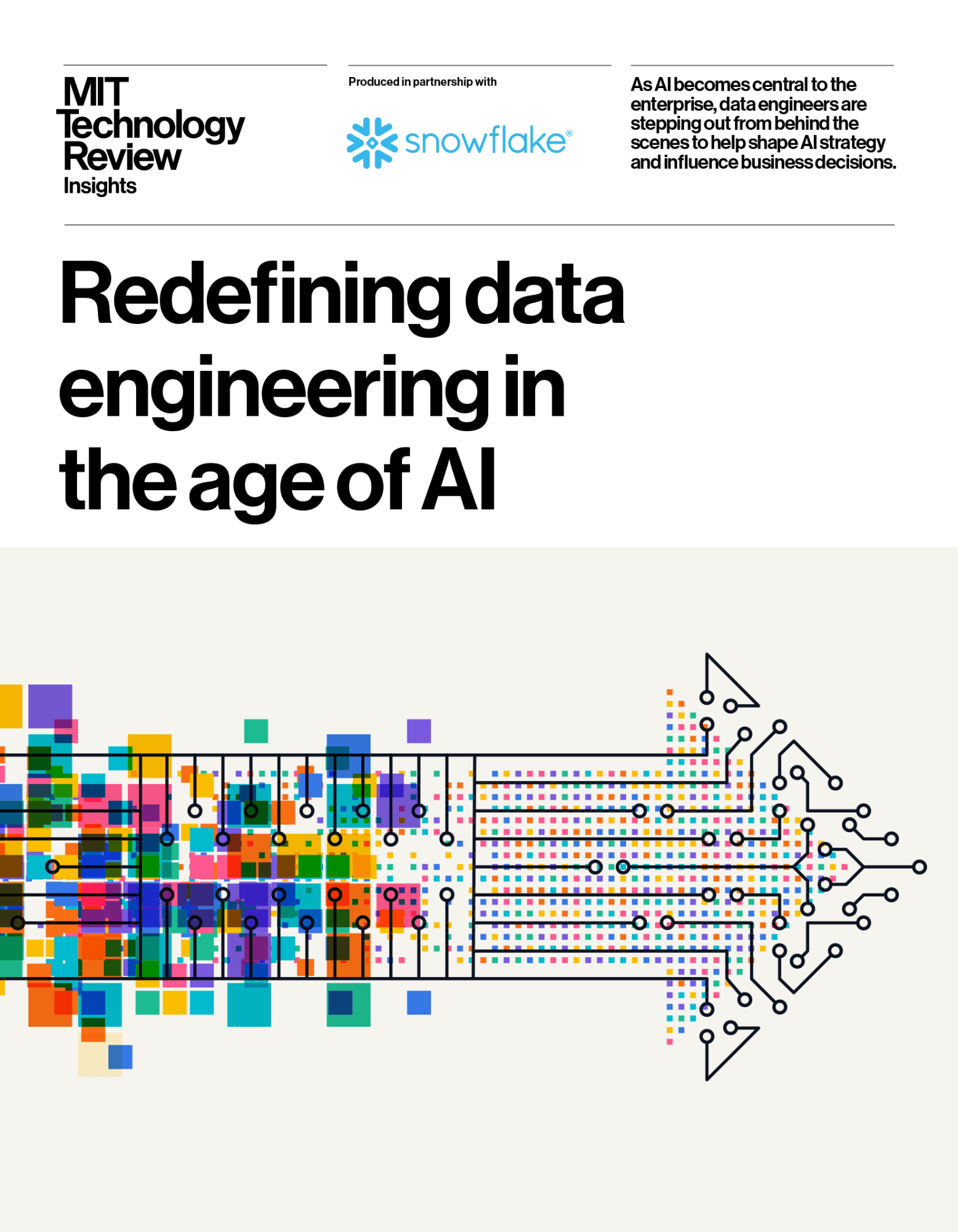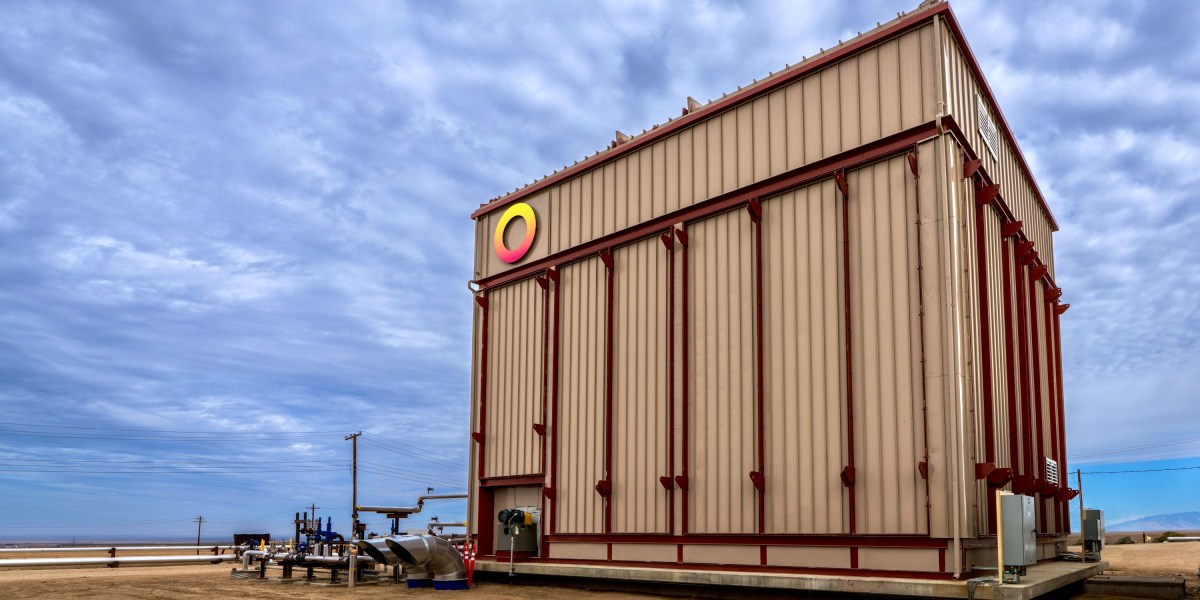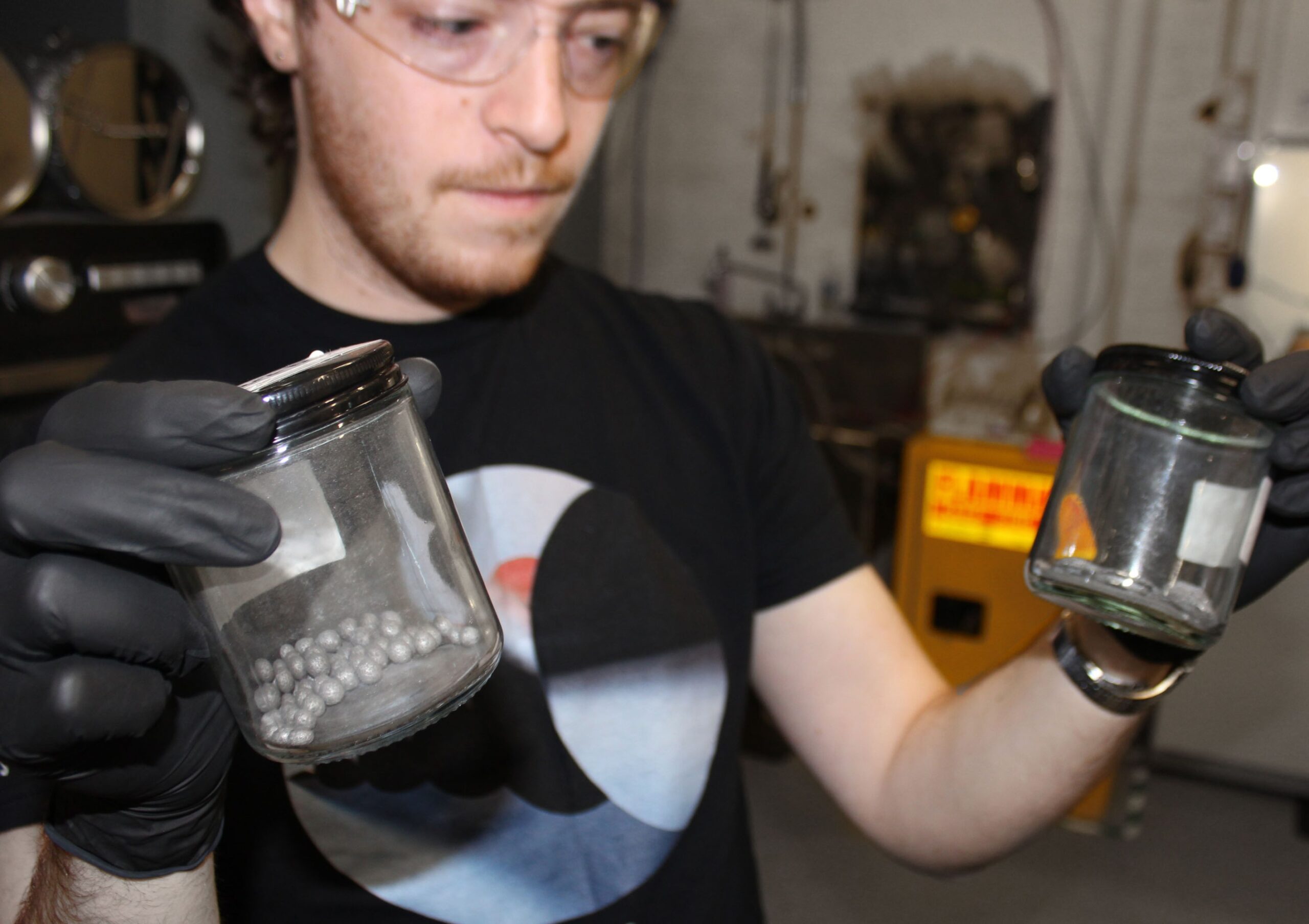This is today’s edition of The Download, our weekday newsletter that provides a daily dose of what’s going on in the world of technology.
This startup is about to conduct the biggest real-world test of aluminum as a zero-carbon fuel
Found Energy, a startup in Boston, aims to harness the energy in scraps of aluminum metal to power industrial processes without fossil fuels. Since 2022, the company has worked to develop ways to rapidly release energy from aluminum on a small scale.
Now it’s just switched on a much larger version of its aluminum-powered engine, which it claims is the largest aluminum-water reactor ever built.
Early next year, it will be installed to supply heat and hydrogen to a tool manufacturing facility in the southeastern US, using the aluminum waste produced by the plant itself as fuel.
If everything works as planned, this technology, which uses a catalyst to unlock the energy stored within aluminum metal, could transform a growing share of aluminum scrap into a zero-carbon fuel. Read the full story.
—James Dinneen
What a massive thermal battery means for energy storage
Rondo Energy just turned on what it says is the world’s largest thermal battery, an energy storage system that can take in electricity and provide a consistent source of heat.
The concept behind a thermal battery is overwhelmingly simple: Use electricity to heat up some cheap, sturdy material (like bricks) and keep it hot until you want to use that heat later, either directly in an industrial process or to produce electricity.
Thermal batteries could be a major tool in cutting emissions: 20% of total energy demand today is used to provide heat for industrial processes, and most of that is generated by burning fossil fuels. But the company is using its battery for enhanced oil recovery—a process that critics argue keep polluting infrastructure running longer. Read the full story.
—Casey Crownhart
This article is from The Spark, MIT Technology Review’s weekly climate newsletter. To receive it in your inbox every Wednesday, sign up here.
The must-reads
I’ve combed the internet to find you today’s most fun/important/scary/fascinating stories about technology.
1 ChatGPT’s suicide discussion rules were loosened twice before a teen took his own life
The parents of Adam Raine claim the changes OpenAI made equate to a weakening in its suicide protection for users. (WSJ $)
+ It did so to increase use of the chatbot, they allege in an amended lawsuit. (FT $)
+ The family is accusing OpenAI of intentional misconduct rather than reckless indifference. (Rolling Stone $)
2 Google claims its new quantum algorithm outperforms a supercomputer
It could accelerate advances in drug discovery and new building materials. (Ars Technica)
+ Its Willow chip is at the heart of the advance. (NYT $)
+ But real-world use of quantum computing is still likely to be years away. (The Guardian)
3 Reddit is suing AI search engine Perplexity
For allegedly illegally scraping its data to train the model powering Perplexity’s engine. (FT $)
+ Reddit’s also seeking a permanent injunction on companies selling its data. (Engadget)
+ What comes next for AI copyright lawsuits? (MIT Technology Review)
4 China has a five-year plan to become technologically self-reliant
And semiconductors and AI will play key roles. (Bloomberg $)
+ China is winning the trade war with America. (Economist $)
5 DeepSeek is taking off in Africa
Its decision to make its AI cheaper and less power-intensive is paying off. (Bloomberg $)
+ How DeepSeek ripped up the AI playbook. (MIT Technology Review)
6 Elon Musk is building a robot army
He envisions his Optimus robot becoming an “incredible surgeon.” (Wired $)
+ Will we ever trust robots? (MIT Technology Review)
7 Apple has pulled a pair of controversial dating apps from the App Store
Tea and TeaOnHer fell short of its privacy and content moderation rules. (TechCrunch)
8 Tesla’s profits are massively down
Even though it sold more cars than during its previous quarter. (NYT $)
+ The company has been forced to recall tens of thousands of Cybertrucks. (Reuters)
+ What happens when your EV becomes obsolete? (The Atlantic $)
9 An unexpected victim of the AWS outage? Smart beds 🛏️
Some unlucky owners’ beds blared alarms and became unbearably warm. (WP $)
+ If the internet stays the way it is, more bed outages could be on their way. (The Atlantic $)
10 The appeal of incredibly basic software
Apple’s TextEdit does exactly what it says on the tin. (New Yorker $)
Quote of the day
“I’m very excited that nerds are having our moment.”
—Madhavi Sewak, a Google DeepMind researcher, says she’s glad that AI experts are being recognized, the Wall Street Journal reports.
One more thing
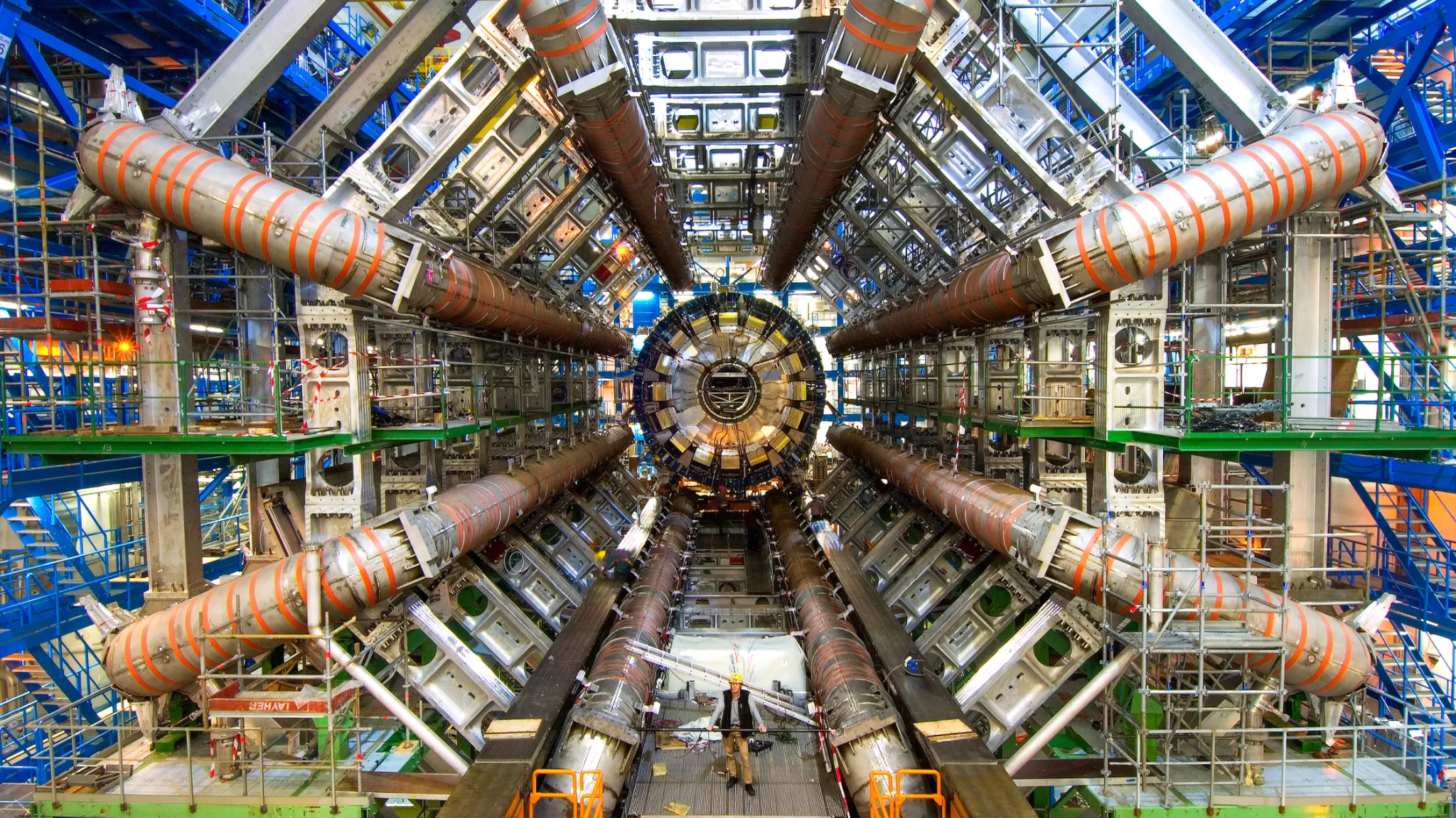
Inside the hunt for new physics at the world’s largest particle collider
In 2012, using data from CERN’s Large Hadron Collider, researchers discovered a particle called the Higgs boson. In the process, they answered a nagging question: Where do fundamental particles, such as the ones that make up all the protons and neutrons in our bodies, get their mass?
When the particle was finally found, scientists celebrated with champagne. A Nobel for two of the physicists who predicted the Higgs boson soon followed.
More than a decade later, there is a sense of unease. That’s because there are still so many unanswered questions about the fundamental constituents of the universe.
So researchers are trying something new. They are repurposing detectors to search for unusual-looking particles, squeezing what they can out of the data with machine learning, and planning for entirely new kinds of colliders. Read the full story.
—Dan Garisto
We can still have nice things
A place for comfort, fun and distraction to brighten up your day. (Got any ideas? Drop me a line or skeet ’em at me.)
+ Mexico City is already getting into the Halloween spirit: its annual zombie parade took place over the weekend.
+ Everything you need to know before travelling to Japan.
+ The most stylish people alive? I’ll be the judge of that.
+ Here’s something you don’t expect archeologists to uncover: Neolithic chewing gum.



